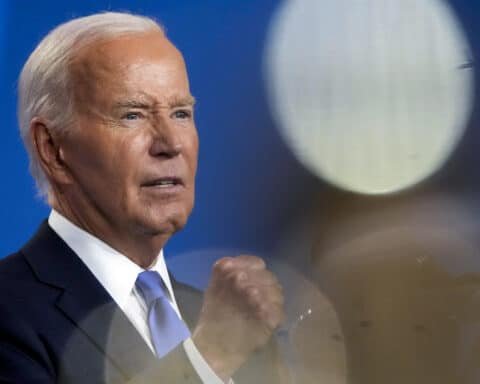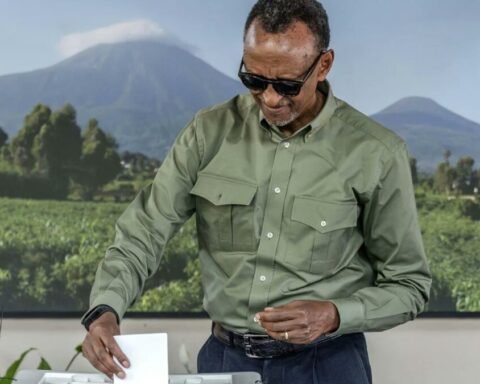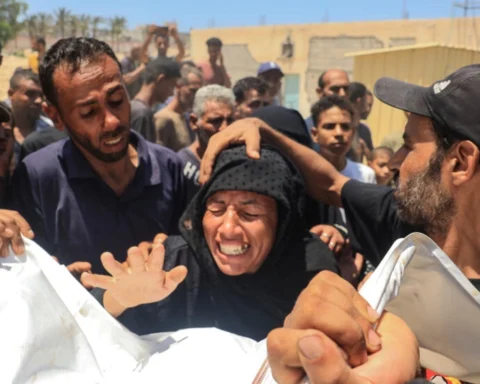Polling stations in Zimbabwe opened on Saturday for parliamentary by-elections, marking a crucial moment in the country’s political landscape. However, the process is marred by controversy as all opposition candidates, particularly from the Citizens’ Coalition for Change (CCC), have been banned from participating.
The electoral commission announced the commencement of voting at 07:00 (05:00 GMT) in areas where by-elections are being held. Despite the ban on opposition candidates, voters queued up early to cast their ballots, highlighting the significance of these elections.
The by-elections were triggered by the dismissal of 14 MPs from the CCC, the leading opposition party, just two months after the general elections held in August. The move, seen by many as questionable, followed a declaration by Sengezo Tshabangu, claiming to be the CCC’s “acting secretary general.” However, the opposition party dismissed Tshabangu as an “impostor.”
The Speaker of Parliament, a member of the ruling Zanu-PF party, accepted the vacancies, leading to the by-elections in nine constituencies on Saturday, with the remaining seats allocated under the proportional representation system.
In a controversial twist, the courts ordered the exclusion of CCC’s nine candidates in the by-elections on Thursday and Friday. Despite the opposition party’s appeal against this decision, polling stations opened on Saturday without their participation.
Observers note that these unopposed by-elections could pave the way for Zanu-PF to secure a two-thirds majority in Parliament, enabling them to revise the country’s laws. The ruling party needs just 10 seats to achieve this majority, raising concerns about potential amendments to the Constitution.
Critics argue that the ultimate goal is to remove the two-term presidential limit, allowing President Emmerson Mnangagwa to extend his reign. As the country grapples with these controversial developments, questions about the fairness and transparency of the electoral process loom large, casting a shadow over Zimbabwe’s democratic principles.








